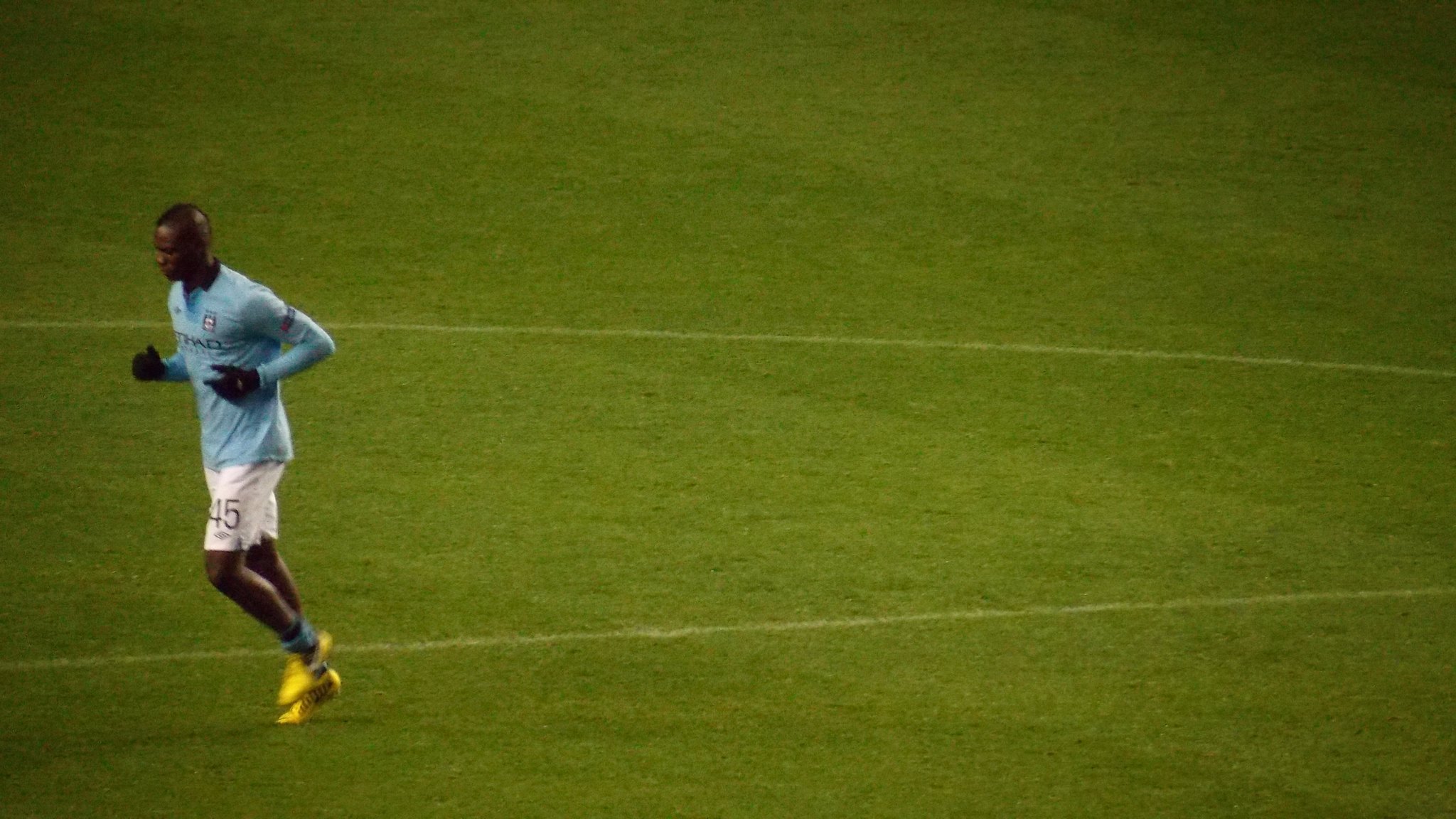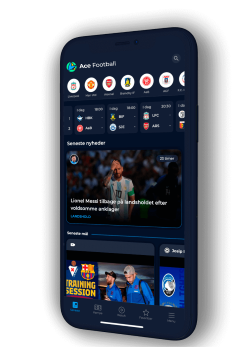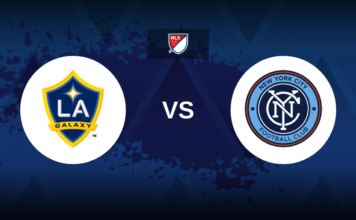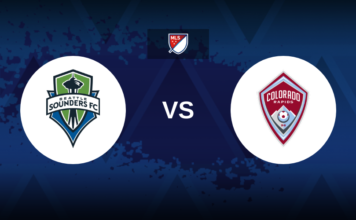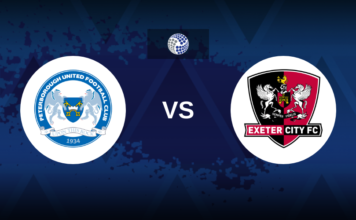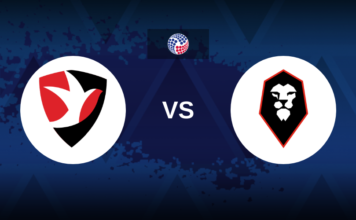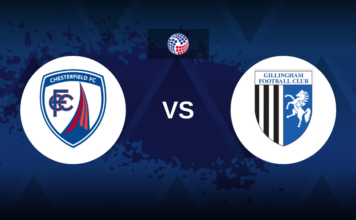Once hailed as a generational talent, Mario Balotelli’s story is a compelling mix of brilliance, controversy, and unrealized potential—a cautionary tale for football’s next generation.
Mario Balotelli has graced more headlines than he’s scored goals—and that’s saying something, because he’s scored plenty. But while his name is etched in football history for moments of brilliance, much of his fame has revolved around controversies, clashes with managers, and his off-field persona.
Among the most infamous of these relationships was with José Mourinho during their time together at Inter Milan. Two strong personalities, both with undeniable talent and towering egos, their dynamic was combustible from the start. Balotelli, one of the few players bold enough to publicly analyze Mourinho’s management, later described the Portuguese tactician as someone who led more with charisma than tactical elegance.
Despite Mourinho’s belief in his raw ability, Balotelli was a manager’s nightmare—unpredictable, impulsive, and resistant to authority. The iconic story of Balotelli getting sent off just minutes after a half-time warning in a Champions League match against Rubin Kazan epitomized this disconnect.
The Making of a Prodigy
Born in 1990 to Ghanaian immigrants in Italy, Balotelli’s early life was shaped by struggle. At age two, he was placed in foster care with the Balotelli family, who later became his legal guardians. His footballing gift was evident from a young age, and by 15, he made his senior debut for Lumezzane.
Soon, Inter Milan came calling, signing him in 2006. By 17, he was making his Serie A debut, and in 2008, he famously netted twice against Juventus in the Coppa Italia—instantly becoming a player to watch.
Under Roberto Mancini, he won the Scudetto in 2007–08, becoming one of the youngest players to do so. But early signs of his immaturity were already emerging: missed training sessions, poor attitude, and a reluctance to follow tactical instructions.
Mourinho, Mancini & Manchester
When Mourinho took over at Inter in 2008, he inherited one of the most talented wonderkids in the world—and one of the most difficult. Balotelli’s time at Inter was littered with friction, culminating in antics like wearing an AC Milan shirt on live TV while still an Inter player—an unforgivable sin in the eyes of the fans.
In 2010, he moved to Manchester City under Mancini once again. The €29.5 million move brought hope. He won the Golden Boy Award, scored iconic goals, and played a key role in City’s historic 2011–12 Premier League win, including assisting that legendary Aguero goal.
But chaos always followed. There were four red cards in just over two years, training ground fights, and even setting off fireworks inside his house. His “Why Always Me?” shirt after scoring against Manchester United became a cultural moment, but it also asked a serious question about the media scrutiny and self-sabotage that defined his career.
A Fighter on and off the Pitch
One aspect often overlooked in Balotelli’s story is the relentless racism he endured, particularly in Italy. He was often targeted with monkey chants and racist abuse. Juventus fans were even banned from matches for racially abusing him. Balotelli spoke out against it, saying in a 2013 interview: “I don’t forgive racism.” But it clearly affected his mental state and stability as a professional athlete.
The Downward Spiral
Post-City, Balotelli’s career was a carousel of short stints and fading influence. He moved to AC Milan in 2013, scoring 12 goals in 13 games before inconsistency returned. Then came a move to Liverpool in 2014, where he managed just one league goal.
Subsequent clubs included OGC Nice, Olympique Marseille, Brescia, Monza, Adana Demirspor, FC Sion, and most recently CFC Genoa. None of these moves led to a true renaissance.
Why He Never Reached the Top
Balotelli’s story is not unique. In football, potential is only the beginning. What separates the greats—players like Messi and Ronaldo—is mentality. Both built legendary careers through relentless discipline, professionalism, and adaptability. Balotelli, on the other hand, resisted conformity. Mourinho once said: “With Mario, it’s impossible to work hard for 90 minutes. You just hope for 45 good ones.”
Whether it was ego, immaturity, or the external pressure of racism and media sensationalism, Balotelli could never fully harness his gifts. And this is football’s painful truth: talent alone isn’t enough.
A Mirror for Others: Dele Alli & Ansu Fati
Balotelli’s career trajectory mirrors other prodigies like Dele Alli. Once a future England captain, Alli has struggled due to similar off-field issues and inconsistent focus. Today, Ansu Fati faces a fork in the road. Hailed as Barcelona’s next superstar, injuries and loan spells have cast doubt on whether he’ll fulfill his potential.
The message is clear. Football isn’t just about talent—it’s about resilience, focus, discipline, and self-awareness.
Conclusion
Mario Balotelli remains a symbol of what could have been. His flashes of genius were unforgettable, his legacy as complex as his character. For young players entering the sport, his journey serves as both a warning and a lesson: to achieve greatness, talent must be matched with maturity and consistency.
As football continues to produce new prodigies, the hope is that they learn from Balotelli’s story—and never become the answer to the question: “Why always me?”
